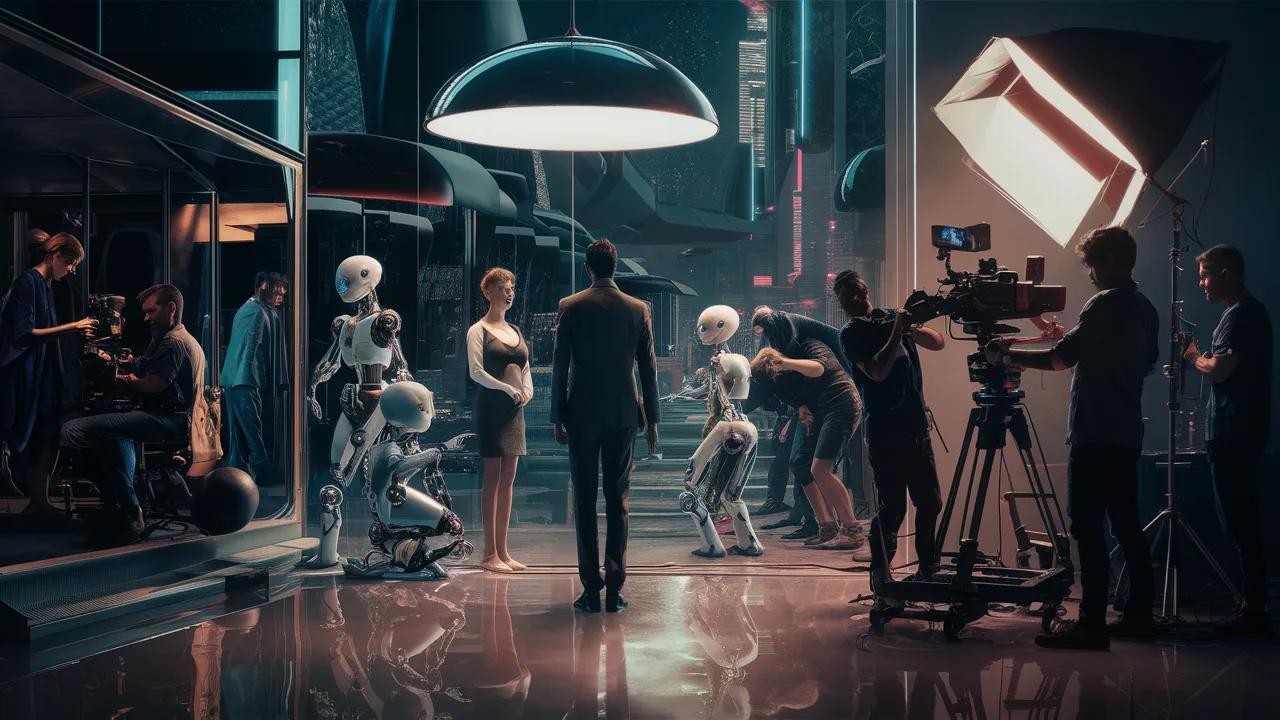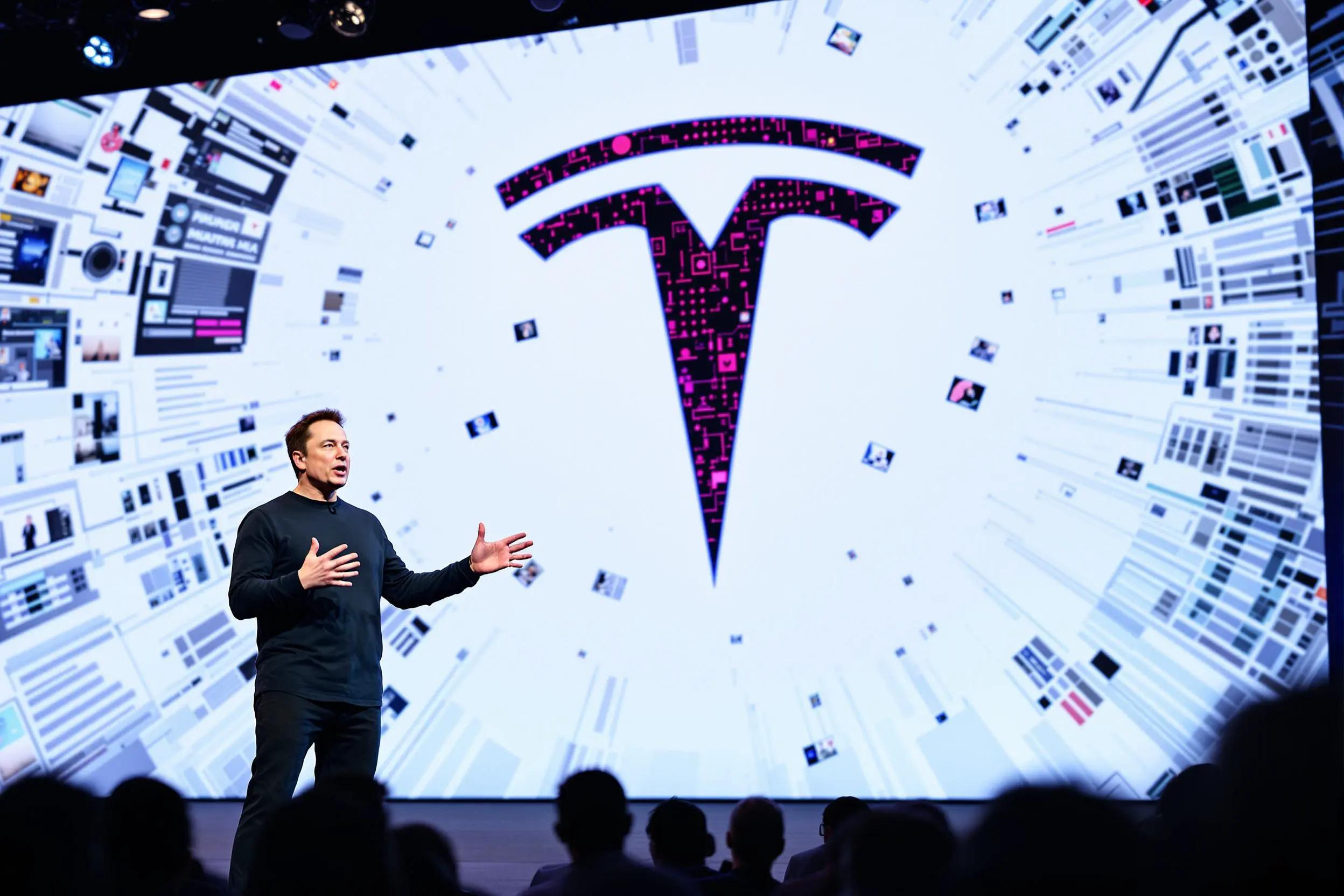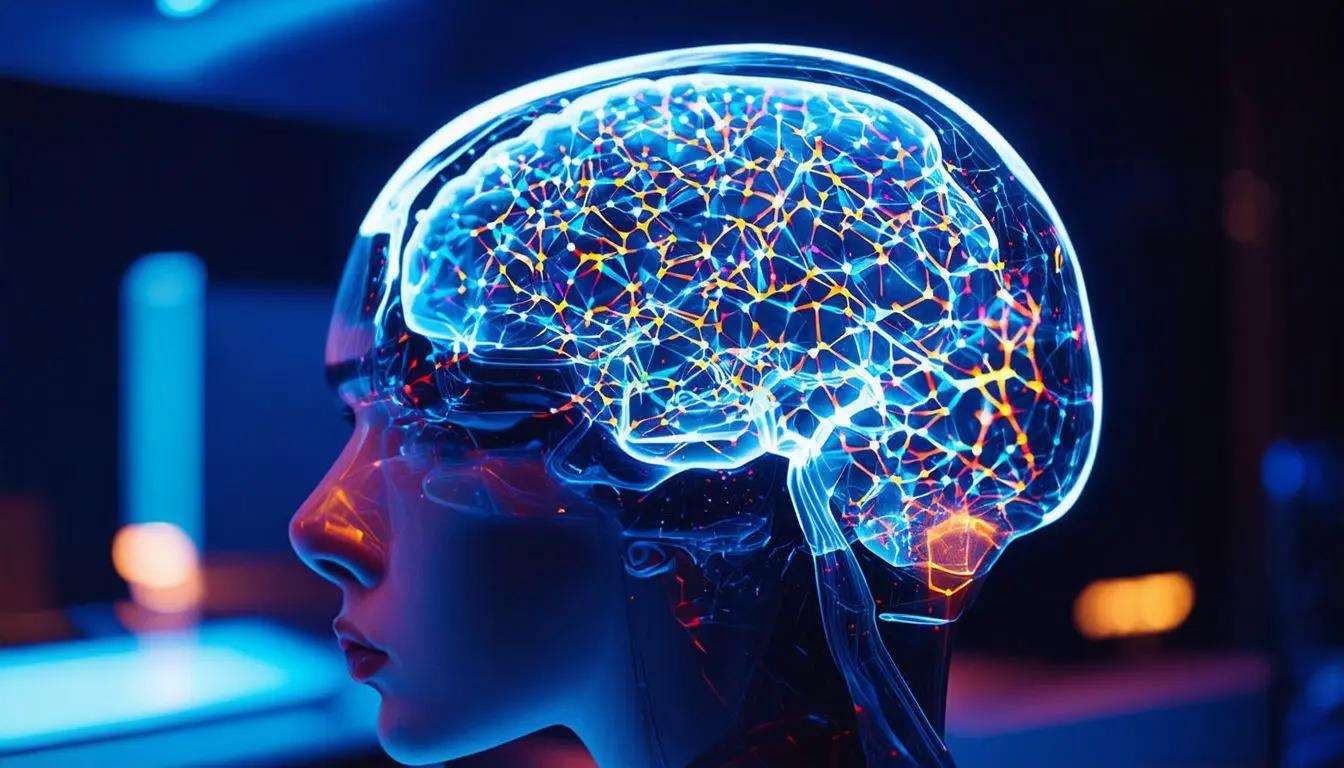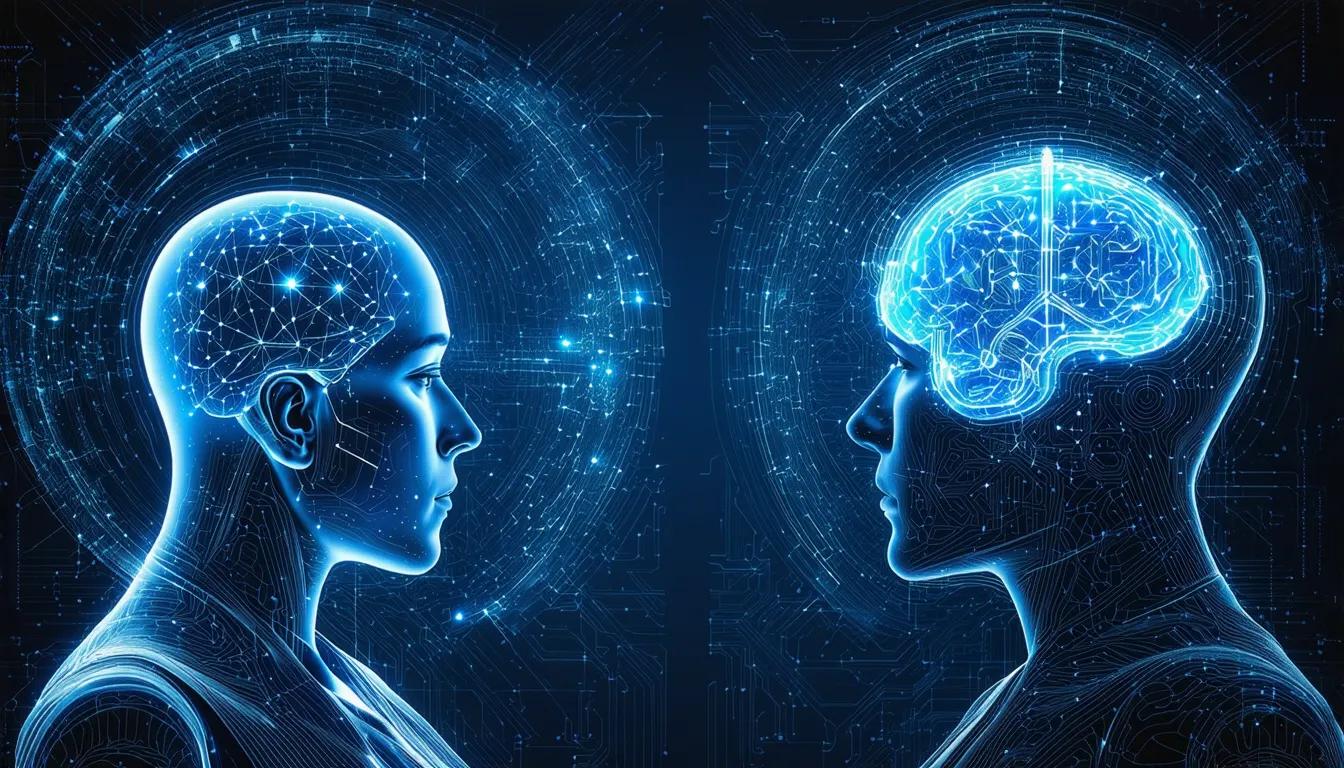May 30, 2024|7 min reading
How AI Revolutionized Film Production in 2024

In the era of rapid technological advancement, few industries have seen as profound an impact from artificial intelligence (AI) as the film industry. As we venture through 2024, AI continues to reshape filmmaking, enhancing creative processes, streamlining production, and optimizing distribution. This blog delves into the remarkable ways AI has revolutionized film production, from pre-production innovations to post-production enhancements, and the ethical considerations that come with this transformative technology.
Understanding AI in Film Production
AI in film production isn't about replacing the unique talents of directors or actors. Instead, it complements their skills, offering tools that enhance efficiency and creativity.
Key Roles of AI in Film Production
Script Analysis: AI can evaluate scripts, predicting their potential success and helping screenwriters refine their work.
Casting and Location Scouting: AI analyzes data to suggest ideal casting choices and optimal filming locations.
Visual Effects and Post-production: AI-powered tools create stunning visual effects and streamline post-production tasks.
Marketing and Distribution: AI tailors marketing strategies and optimizes distribution channels to reach the right audience.
AI in Pre-Production
Script Analysis and Development
AI can analyze numerous scripts quickly, identifying plot strengths, character development, and potential success factors. AI-driven scriptwriting software can even generate drafts, providing a new dimension to creative writing.
Storyboarding and Previsualization
AI enhances storyboarding by creating lifelike animations for scene previsualization. This allows filmmakers to visualize scenes in 3D environments, improving planning and reducing production time.
AI’s Role During Production
Automated Camera Systems
AI-driven cameras offer precision and consistency, capturing high-quality footage under various conditions. These systems reduce human error, lower production costs, and increase shooting efficiency.
AI in Film Editing
AI-powered editing software categorizes and assembles scenes, suggesting cuts and transitions. This technology allows editors to focus on crafting compelling narratives, enhancing the storytelling process.
AI in Post-Production
Sound Design
AI algorithms generate diverse sounds and eliminate background noise, improving audio quality. This technology also enhances speech clarity, crucial for documentaries and field recordings.
Color Correction and Grading
AI simplifies color correction by adjusting hues, saturation, and brightness automatically. Consistent color grading across scenes ensures a visually cohesive film, while AI predictions streamline the grading process.
Special Effects and CGI
AI accelerates the creation of complex CGI characters and enhances visual effects, offering more realistic and detailed special effects. Real-time rendering capabilities allow for interactive design processes.
Key Advantages of Implementing AI in Film Production
Increased Efficiency
AI streamlines various tasks, from script evaluation to editing, making production faster and more effective.
Cost Savings
AI reduces personnel and production costs by automating tasks, decreasing location and logistics expenses, and minimizing post-production expenditures.
Enhanced Creativity
AI enhances creativity by generating innovative plot structures, creating compelling CGI effects, and assisting in immersive virtual reality experiences.
Potential Challenges of AI in Film Production
Ethical Considerations
- Privacy Issues: AI's data analysis capabilities can infringe on personal privacy.
- Bias in AI Algorithms: AI might perpetuate historical biases present in training data.
- False Representation: AI-generated deepfakes can manipulate audiences, raising authenticity concerns.
Job Security and Roles
- Automation and Unemployment: AI's ability to perform tasks traditionally done by humans raises concerns about job losses.
- Restructuring Job Roles: Filmmakers must adapt to new roles, collaborating with AI systems and developing new skills.
The Future of AI in Film Production
AI's role in film production is set to grow, with future advancements promising even more innovative and efficient filmmaking processes. As AI continues to evolve, it will bring new opportunities for creative expression and storytelling, shaping the cinema of tomorrow.
Conclusion
AI has undeniably revolutionized film production in 2024, offering significant benefits in efficiency, cost savings, and creativity enhancement. However, addressing ethical considerations and job security issues is crucial for a balanced integration of AI in filmmaking. Embracing AI's potential while maintaining ethical practices will ensure a bright and innovative future for the film industry. As we look forward to the cinema of tomorrow, the collaboration between human genius and AI-driven technology promises a new era of storytelling.
Frequently Asked Questions
What is the impact of AI on film production? AI automates tasks like script analysis, editing, and CGI generation, streamlining workflows, reducing costs, and enhancing creativity in filmmaking.
How is AI used in script analysis for film production? AI algorithms analyze large volumes of scripts, identifying potential issues, suggesting improvements, and predicting script success.
Can AI replace human actors in films? While AI-generated virtual actors are advanced, they cannot completely replace human actors. However, AI assists in creating realistic CGI characters and enhancing special effects.
What are the benefits of using AI in film production? AI reduces time and effort in video editing, special effects, and CGI generation. It allows filmmakers to experiment with creative ideas and deliver high-quality productions within budget.
Are there any ethical concerns regarding the use of AI in film production? Yes, ethical concerns include issues of authenticity, ownership rights, and job displacement. Filmmakers must consider these concerns while embracing AI's possibilities.
Explore more

Elon Musk’s Vision: AI, Mars, and a Future of Abundance
Explore Elon Musk’s predictions on AI, Tesla’s Robotaxi plans, Starship’s Mars mission, and the role of robots in a futu...

Unlocking the Future: The Revolutionary Potential of Brain Image Reconstruction Technology
Discover how brain image reconstruction technology is pushing the boundaries of science and art by decoding thoughts int...

Can Artificial Intelligence Replace Human Intelligence?
Exploring the capabilities and limitations of AI in comparison to human intelligence.
